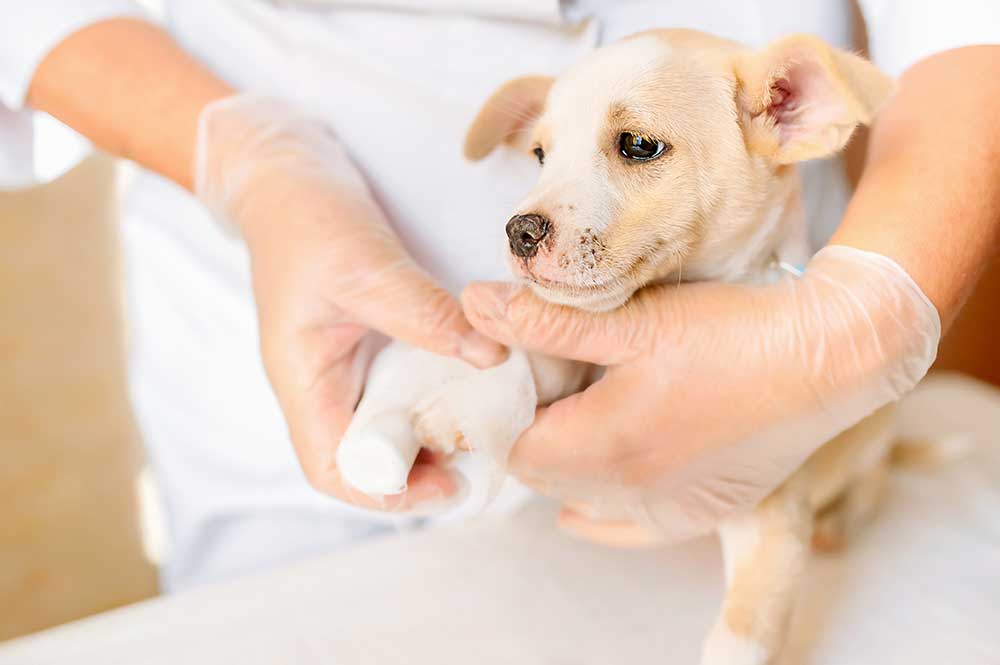How to Recognize When Your Pet Is in Pain
Taking care of our pets would be a lot simpler if they could just explain how they feel and tell us what they need. Unfortunately, that’s not the case. In fact, most cats and dogs instinctively hide signs of pain and other symptoms of illness that they experience. As a result, pet owners often don’t notice that anything is amiss until their pet has become too ill to continue hiding their symptoms.

8 Signs Your Pet Is in Pain
Since it’s so tough to see a pet’s pain, it’s up to pet owners to be vigilant observers of the behavior of their cats and dogs. Keep a close watch for any changes to their behavior, routine, appetite, energy level, and appearance, as even slight shifts can indicate a problem.

1. Mobility Issues
Musculoskeletal problems like arthritis are some of the most common causes for pets to experience pain. If your pet limps, favors certain limbs, struggles to get up or down, or is reluctant to move around, this is a sign of pain.
2. Appetite Changes
Loss of appetite or weight loss can indicate pain.
3. Vocalization
Unusual vocalization like whimpering, yowling, howling, or growling can indicate pain. This is especially true if your pet always vocalizes while eating, having a bowel movement, or moving around.
4. Sleeping Patterns
If your pet has become excessively tired or conversely seems restless or agitated, this could indicate pain or other health problems.
5. Appearance Changes
An unusual posture or gait could indicate pain.
6. Personality Changes
Unexplained aggression, disinterest in play, or withdrawal from other members of the family indicate illness.

7. Excessive Grooming
Excessively grooming, licking, or biting at a particular area can indicate pain, illness, or anxiety.
8. More Frequent Accidents
A lapse in litter box training or housebreaking can indicate a health problem.

Pain Management for Pets in Woodland Park
If you notice any unusual changes or behaviors in your pet, we strongly encourage you to schedule a veterinary appointment right away. We’ll examine your cat or dog and recommend any diagnostic testing necessary to determine the underlying cause of your pet’s discomfort. Then we’ll work closely with you to determine the appropriate course of treatment.
At Compassion Animal Hospital, we’re committed to helping our patients live long and happy lives. We offer a comprehensive list of services to help our patients find relief from chronic and acute pain. These treatments include pain medications, nutritional supplements, dietary adjustments, lifestyle adjustments, surgery, cold laser therapy, and more.
Dr. Cooper will work with you and your pet to find a pain management plan that works best for you. To learn more or schedule an appointment, contact us today.






